[Prescription Name]
Huangqi Shihu Wine
[Formula]
120g Shihu, 45g Huangqi, 45g Dangshen, 45g Fangfeng, 60g Danshen, 60g Shanyu, 60g Duzhong, 60g Niuxi, 30g Xixin, 70g Tiandong, 90g Shengjiang, 150g Yimi, 150g Qiguo, 60g Wuweizi, 60g Fuling, 60g Shanyao, 60g Bi, 3kg Huangjiu.
[Preparation]
Grind all the above ingredients into coarse powder, put them in a clean bottle, soak in wine for 5 days, remove the residue and set aside.
[Indications]
Used for wind invasion of the body with deficiency, lumbago and leg pain, facial paralysis.
[Usage]
Take 2-3 cups per dose, gradually increase to 3-4 cups, the wine should be taken continuously without interruption.
[Introduction to Medicinal Materials in the Prescription]
Shihu: Nourishes the stomach, generates fluid, nourishes yin, and clears heat. Used for yin deficiency with fluid depletion, dry mouth and thirst, poor appetite, dry retching, post-illness heat, and dim vision. Shihu has an elegant appearance, lovely and delicate, with bright colors and a fragrant smell, known as one of the "Four Major Ornamental Flowers".
Huangqi: Tonifies the defense, consolidates the surface, promotes diuresis, reduces swelling, detoxifies, and promotes tissue regeneration. Used for spontaneous sweating, night sweats, blood stasis, edema, non-healing or long-lasting ulcers. Roasted Huangqi is used to tonify the middle and benefit qi. Used for fatigue from internal injury, spleen deficiency with diarrhea, prolapse of the anus, qi sinking and blood loss, excessive menstruation, and all symptoms of qi deficiency and blood deficiency.
Dangshen: It has the functions of tonifying the middle and benefiting the lungs. Dangshen can enhance immunity, dilate blood vessels, lower blood pressure, improve microcirculation, and enhance hematopoietic function. In addition, it has an elevating effect on the decrease in white blood cells caused by chemotherapy and radiotherapy.
Fangfeng: The root of Fangfeng can be used raw. It has a pungent and sweet taste and a slightly warm nature. It has the effects of dispelling wind, relieving the exterior, dispelling dampness, relieving pain, and relieving spasms.
[Facial Nerve Paralysis]
Facial nerve paralysis is the seventh pair among the twelve pairs of cranial nerves. The main symptoms of facial nerve paralysis are crooked mouth, inability to close the eyes, tearing, taste disorders, sensation of food stagnation in the mouth, and water flowing out when drinking. Others see it as a crooked mouth and slanted eyes, which have a significant impact on the physical and mental health of patients.
Anyone can develop facial nerve paralysis, but it is more common in middle-aged and elderly people. In addition, pregnant women and patients with diabetes have a higher incidence rate than the general population.




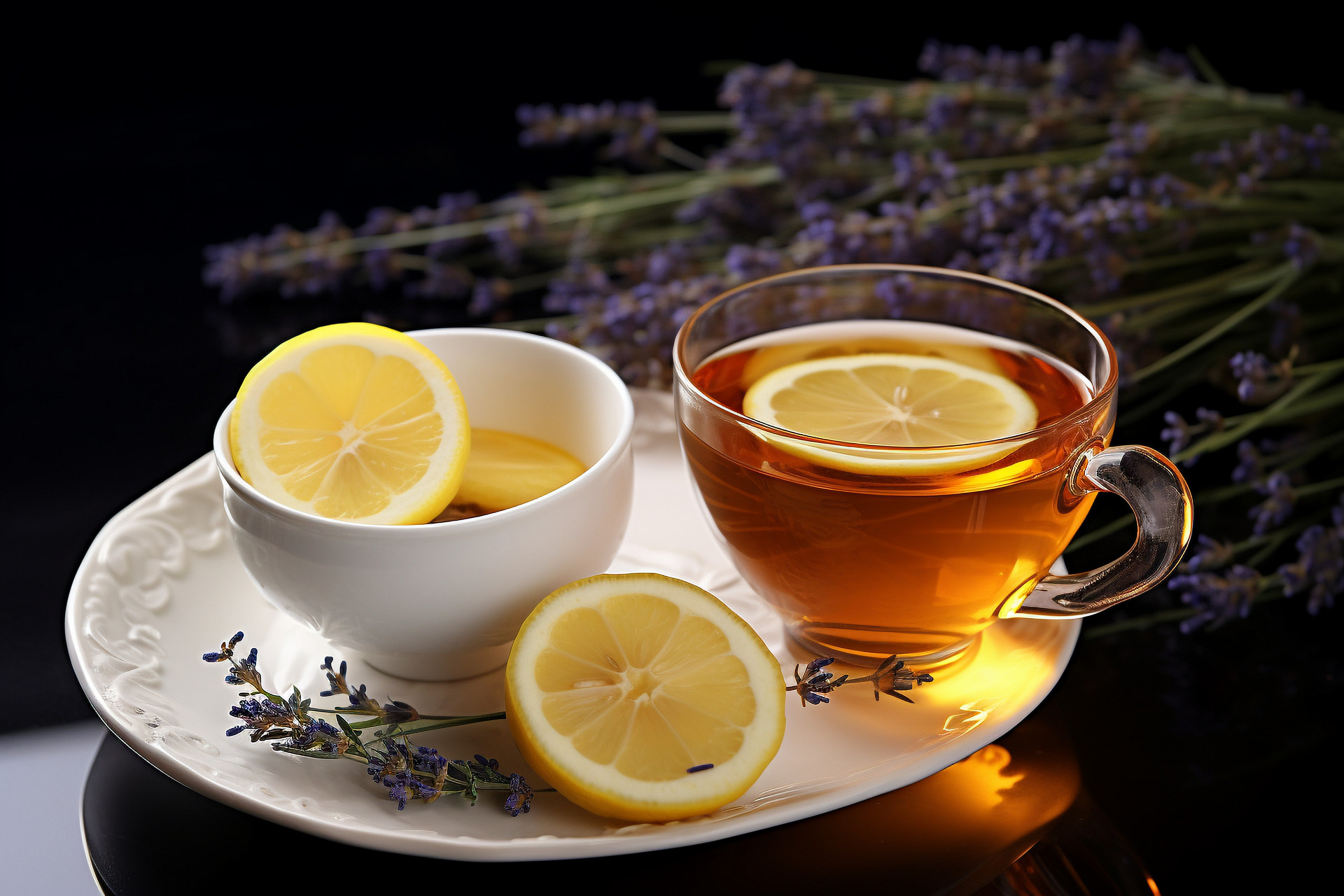
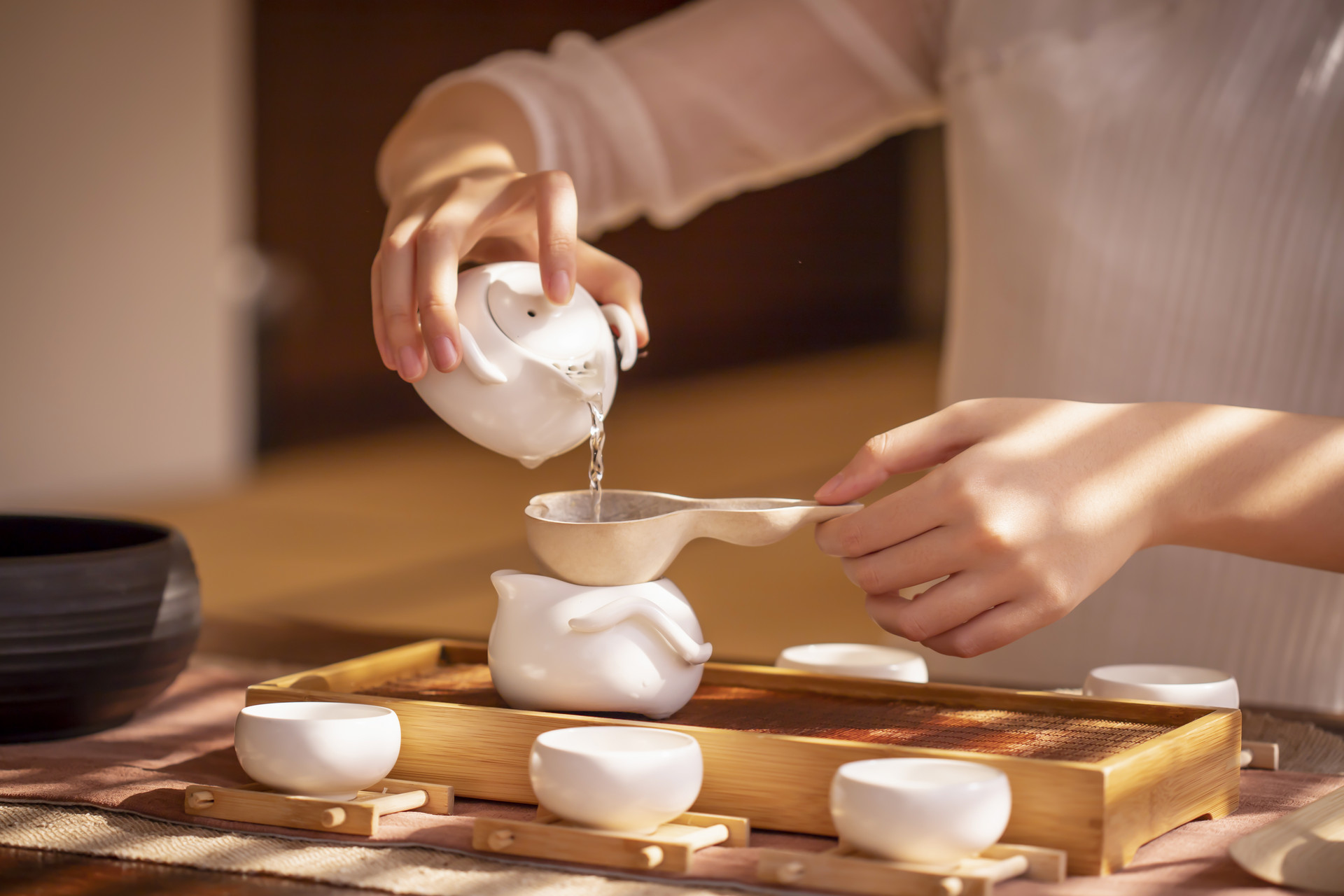


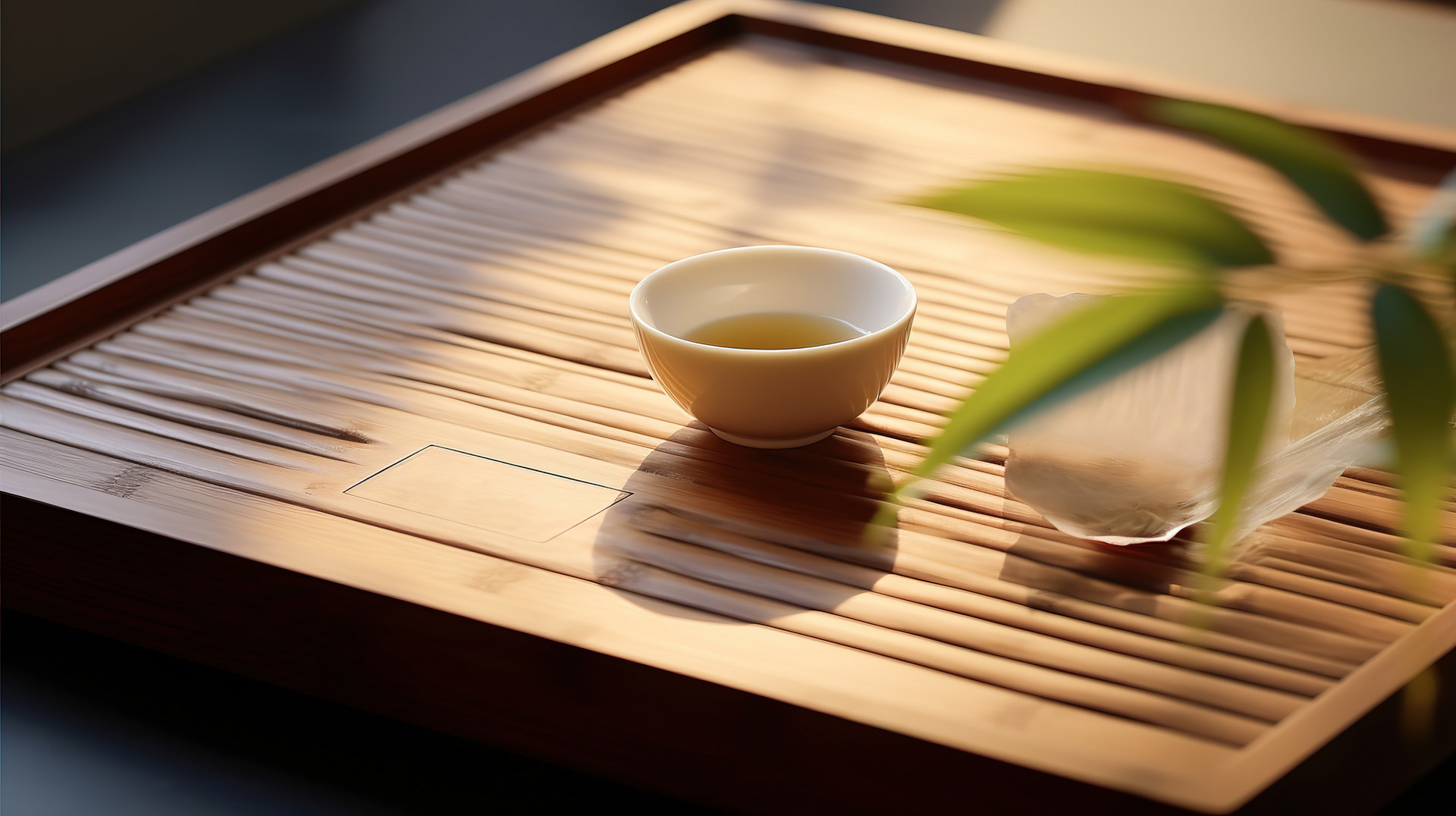
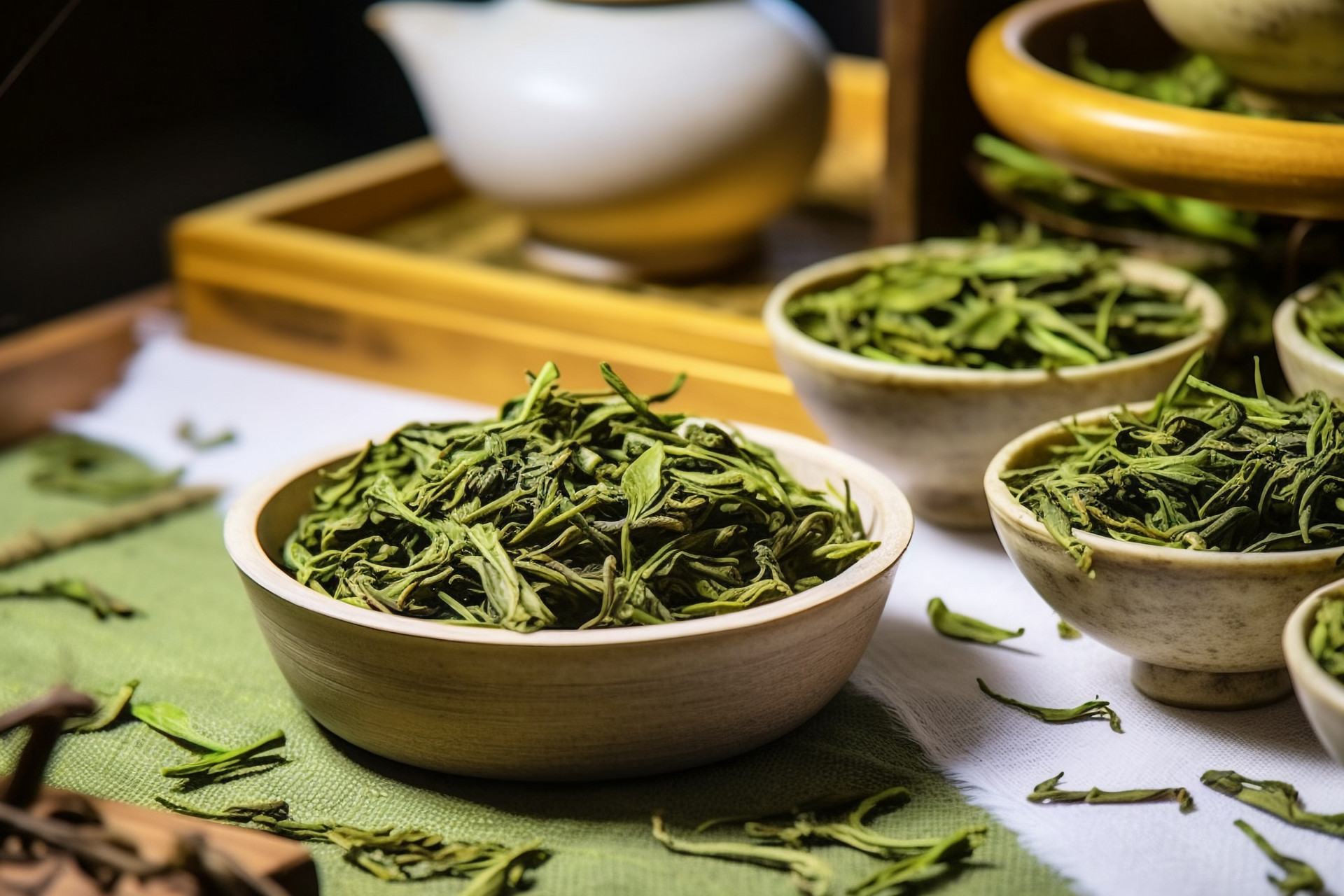
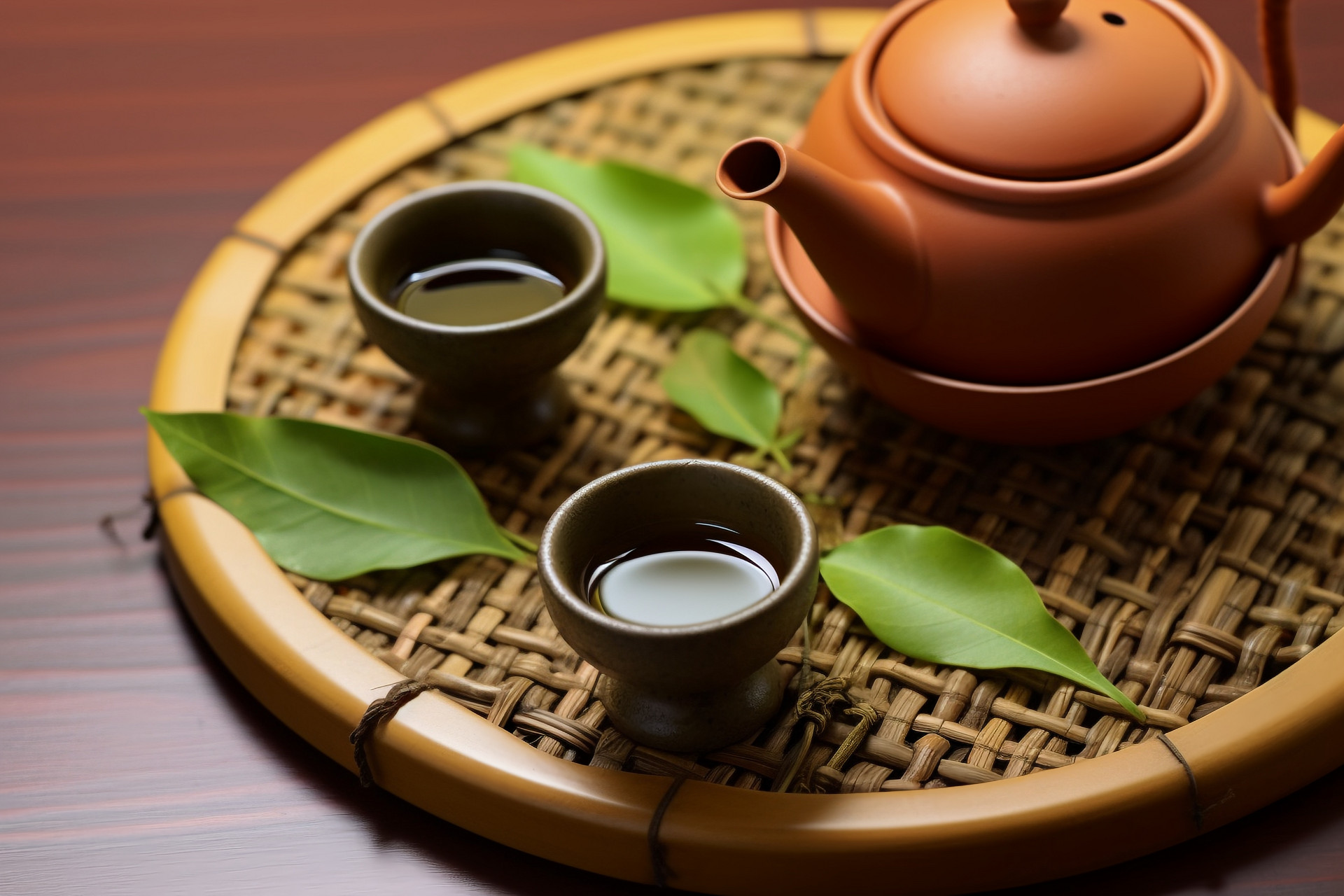
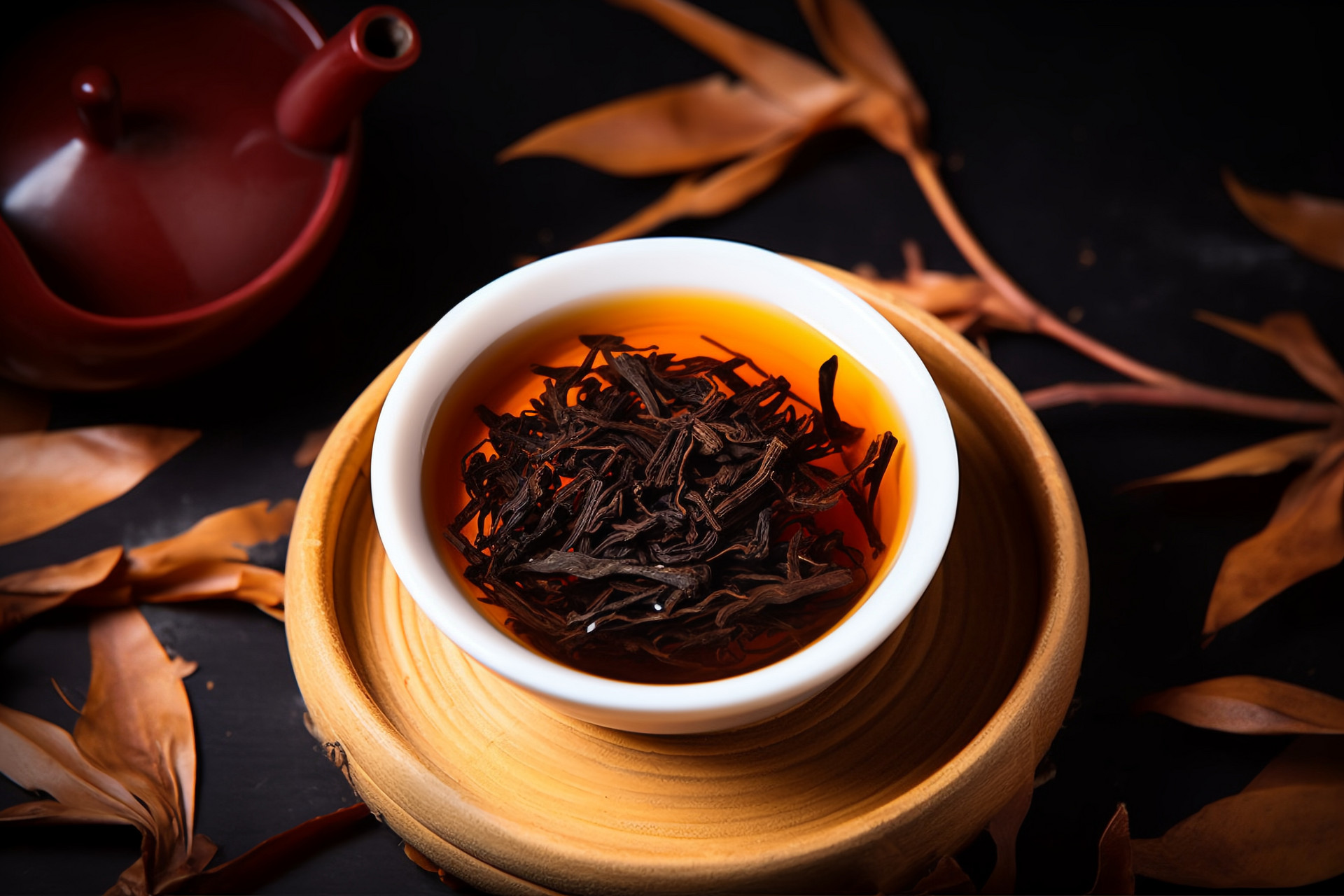
![[Herbal Wine Recipes for Health and Beauty]](https://tcmmaintenance.com/uploads/20240715/7241f6b6eafdaed88c28b26a37213964.jpg)